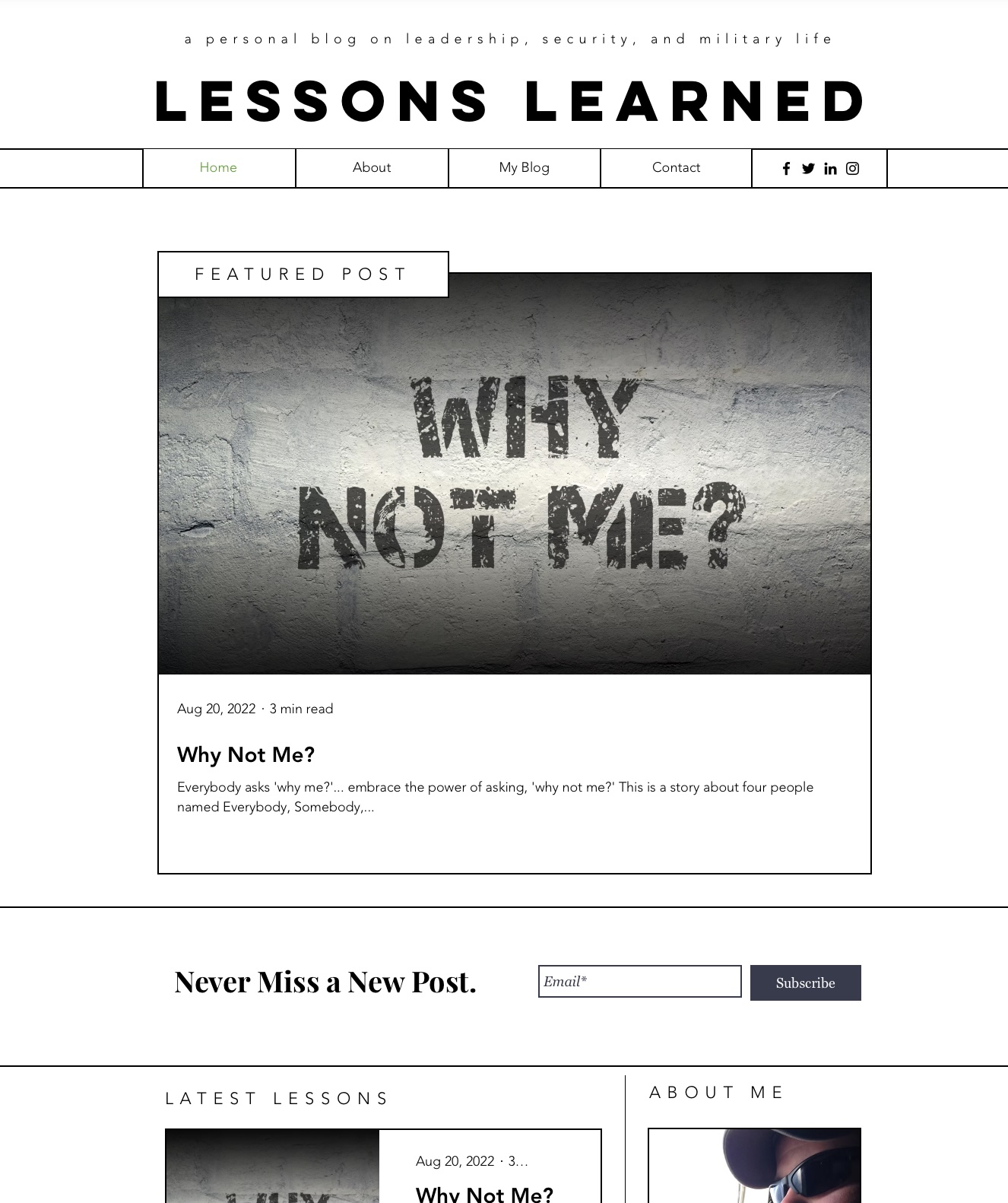“If you want to build a ship, don’t drum up people to collect wood and don’t assign them tasks and work, but rather teach them to long for the immensity of the sea.” – Antoine de Saint-Exupéry
Emotion is an undervalued element of good leadership, but it’s necessary to inspire those you hope to lead. Without feeling, you’ll ask your people to collect wood, assign tasks, and eventually build a ship. That ship will likely take a long time to construct and require significant revisions as someone follows your task to the letter. Likewise, your builders will dourly collect their payments for compliance and passionlessly accept your reprimands when they fail to meet your goals or standards. They will be utterly extrinsically motivated; they will be primarily interested in your external demands but have little personal investment with building your ship.
Your goal should be to make them long for the sea; that is to build their intrinsic motivation, so they want to build the ship because its the means to their inspired end. The result of either approach is a ship, but one will be accomplished on time (or early) and with closer attention to detail. Additionally, your builders will find errors or possible improvements in your plans and tasks and suggest them for direct implementation. Thus demonstrates the importance of Saint-Exupéry’s quote above.
Emotion As a Weapon System
How do we make them long for the sea? In February of 2019, Brigadier General Brenda Cartier produced an outstanding TED Talk on what she termed “precision-guided masculinity.” She explains that as the first woman in Air Force Special Operations Command, she’s often asked if she was different from the men she served alongside. Earlier in her career, she admits, she would have emphatically denied this and insisted that she was just like her peers. She embraced emotionless stereotypical masculinity to better integrate with her peers. Later in her career, she recognized that accessing the full range of emotions was essential to mission success, but that they must be employed deliberately. While she focused on her mindful “precision” use of masculinity when it was appropriate, she also used her status as a woman to freely use more stereotypically emotional feminine traits to engage with her Airmen.
As a man, I took this in the opposite direction. I’ve grappled with when, where, and how to use my own “precision-guided femininity.” Gen Cartier recognized that specific emotional responses – stereotypically male or female – can be useful, depending on the time and situation. Just as she could harden herself in the moments that the profession of arms often demands, so too should I practice softening myself when my folks need a human.
Self-Monitoring
In both cases, it speaks to a need to exercise emotional control and emotional intelligence. How do we do this? Self-monitoring.
Psychologist Dr. Mark Snyder, defines Self-Monitoring as “how much an individual is aware of and modifying their self-presentation, expressive behavior, and non-verbal affective displays.” He believes that individuals who practice high Self-Monitoring for the sake of ensuring they convey their desired emotion are also highly responsive to the social and interpersonal cues of others. When Gen Cartier talks about weaponizing her emotions, she’s speaking to mindful Self-Monitoring and ensuring that she’s emoting on purpose and in precisely the way that she needs for the circumstance.
This isn’t to say that one needs to fake emotion to connect. An example of how to properly use your feelings is the design and use of a fly-by-wire system. Older aircraft had manual flight controls, requiring them to be built for stable steady-state flight and making high-intensity maneuvering a challenge by forcing the pilot to resist the aircraft’s natural state. Modern aircraft are intentionally built to be fundamentally unstable. Now, a computer makes thousands of minor corrections to induce steady-state flight, but instead of a pilot having to resist the aircraft’s natural state, now the pilot tells the computer which direction to be unstable. This results in a much higher degree of control responsiveness.
Likewise, we all have emotions in a given circumstance. If you don’t have some control, you’ll be noticeably unstable and counterproductive (or even destructive). If you practice effective Self-Monitoring and employ your emotions at the right time and intensity, you can respond productively and emotionally to an interpersonal relationship. Like Gen Cartier, you can guide them precisely to reach their target and meet what you intend, while still sincerely caring.
Ship Building
So how does all of this talk on emotional self-control help us build ships? Remember, Saint-Exupéry, tells us to make them “long for the immensity of the sea.” We need to inspire our builders! Inspiration from the head is well and fine, but it has nothing on inspiration from the heart. Both your emotions and the emotions of your builders are essential to inspiring the intrinsic motivation to construct your ship. I can almost promise that the last time a leader inspired you, you felt your heart stir in response to their powerful emotional expression. Likewise, it’s through sharing your passion for the sea that your builders will help get you to the water. Even if none of you know how to build that ship, everyone will have the desire to learn. That felt need provides for limitless skills over someone who is merely punching the clock and collecting their salary.
As a bonus, I’ve shared Gen Cartier’s TED Talk below. Let me know your thoughts on it!


